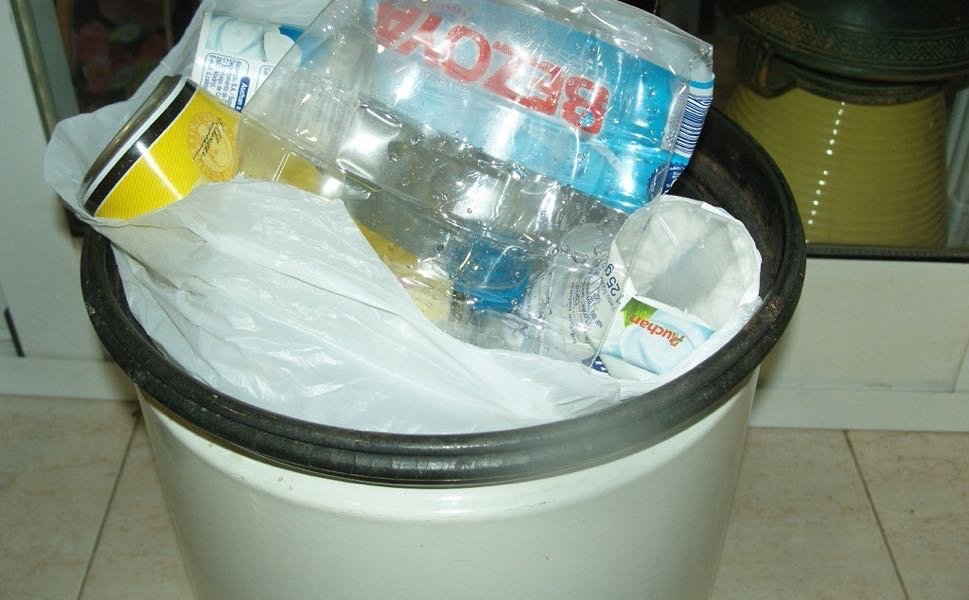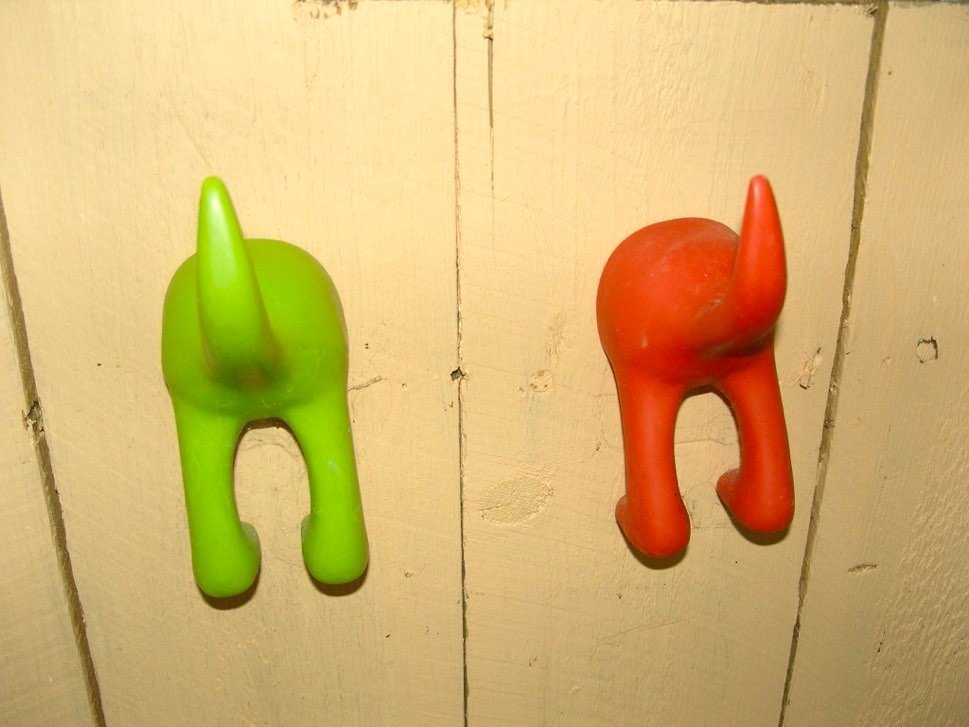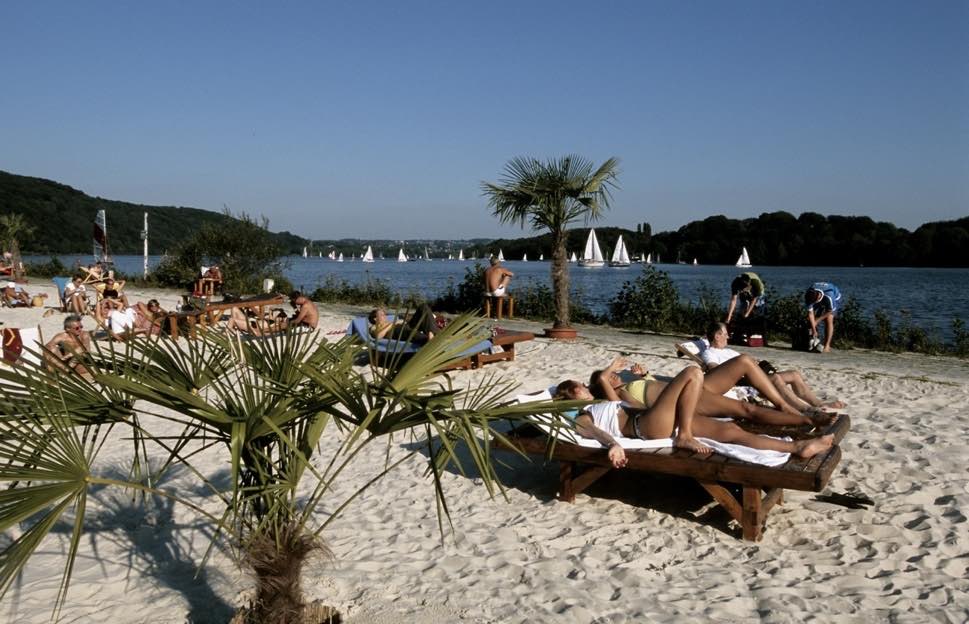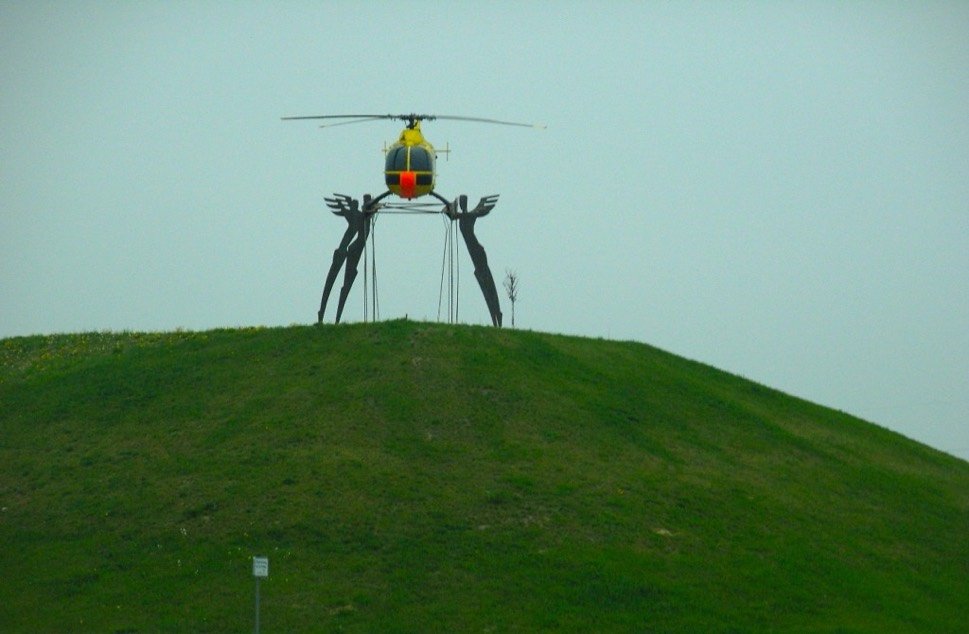Society & Folk
FAMOUS GERMAN THINGS

If there was a source for modern intriguing widgets and discoveries it surely stood in Germany. Many German inventors contributed to the nation’s fame as a cradle of inventions and technologies. Not only classy cars, trendy kitchen appliances or rockets but some every day articles such as tea bags, toothpaste or coffee filters were created and spread across the world.
Bobby Car
The most widely toy car ever sold was invented by Ernst Bettag in Fürth. He had the idea for this little red runabout in 1972. Since then it was sold 15 million times throughout the whole world. Some believe the name Bobby Car meant a British police officer but this is not so.
Coffee Filter
Invented quite coincidentally by Melitta Bentz, a housewife from Dresden, in 1908 when she used blotting paper from her children’s exercise books, because she was annoyed at cleaning cups full of coffee dregs. She put the blotting paper like an inlay into a perforated brass pot to stop the grounded coffee from dropping through. Melitta became an international company and filtered coffee highly popular.
Files
This office classic dates back to an idea of Louis Leitz, who crafted his invention in 1896. The Leitz folder was the first ring binder and is still the most used type of document folder in the world. It remains almost unchanged since its birth and even survived the electronics revolution of the 1990s.
MP3 Format
Developed by a group of people around Karlheinz Brandenburg at an Institute in Erlangen, part of the MPEG1 standards were codified in 1992 and in 1995. The data ending .mp3 was then determined in an internal survey at the Fraunhofer Institute. Core areas of the MP3 are protected by patents, as are other coding methods. The small size of mp3 files helped make them the most popular format for music data in its day and still widespread alongside mp4.
Sneakers
These were invented by Adolf Dassler, the son of a baker, who experimentally changed football boots into bootless shoes with cleats. During the final of the FIFA World Cup during heavy rain in 1954, the German team managed to run reasonably well over the pitch, while the Hungarians sank into the deep mud. The victory in the match created high demand for Adidas sneakers the world over.
Tea bags
Adolf Rambold who worked for a Dresden tea company invented these by becoming the first man ever to make tee bags out of special tasteless parchment paper and launch them on the market in 1929. Twenty years later the company started to commercialise the patented bags with a double chamber function, as we know them today.
The pill
This method for avoiding pregnancy was invented in 1961 by the pharmaceutical company Schering. Just 50 milligrammes of oestrogen produced a pretentious pregnancy in the female body. This was the hour of birth of the anti baby pill which remains the number one worldwide contraceptive.
Toothpaste
Used by Egyptians, it was made of pumice and vinegar in those days. The product known to us today was invented in 1907 by Dresden pharmacist Ottmar Heinsius von Mayenburg. He had the idea to create a tooth caring lotion that would be pleasant to have in the mouth, so added some peppermint flavours for taste. The main ingredients were pumice powder, calcium carbonate, soap, glycerine and potassium chlorate. It quickly gained fame around the world.
By Carla C. Degen, Jul 11 2013

WASTE & RECYCLING
Recycling starts in the home. Aiming to save important resources, the Germans introduced a deposit system very early on. Complex and detailed recycling reflects famously meticulous administrative methods. Coloured bins are available for separation at home and on the streets all across the Ruhr Metropolis.

PETS IN RUHR
Germans, on the whole, love and respect pets and are friendly towards dogs. Dogs are permitted on public transport and inside restaurants but keeping a pet on a leash is a must. Dog ownership in the Ruhr Metropolis is highly regulated, while the national is populace is, in general, very dog friendly.

BEACHES IN RUHR
It may come as a surprise of newly arrived expats that beaches can be found in the Ruhr Metropolis. Fine sand and shingle are ideal for walking, playing, relaxing and picnicking. People flock to enjoy spaces beside the rivers and lakes, especially on warm and sunny summer days. Photo © Ralph Lueger.
Welcome to the Ruhr
The Ruhr metropolis offers wide swathes of woodlands, dozens of rivers as well as over fifty cities, towns, villages and municipalities. Each is unique. Many urbanisations offer a lively atmosphere just waiting to be experienced by expats.

